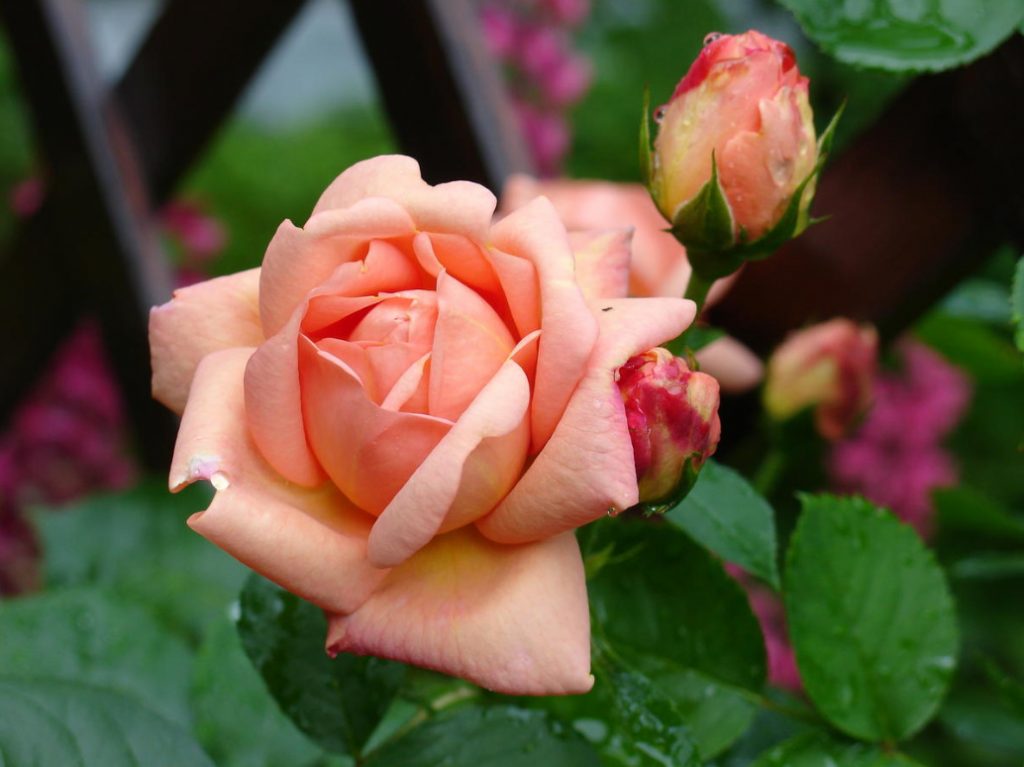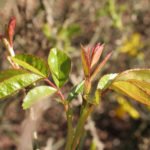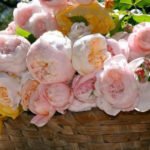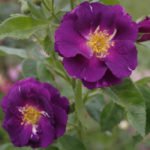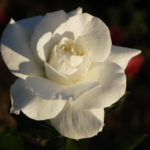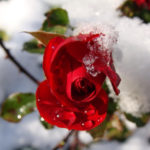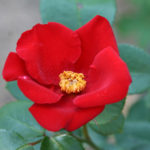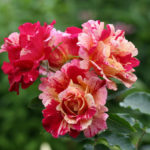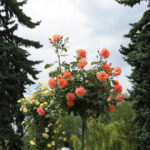What does rose want? This question has not yet received a clear answer even in the special literature, where recommendations are often based on the rules of agricultural technology of roses in closed ground. The results of statistically reliable scientific studies are valid only for specific environmental conditions. Meanwhile, every lover of this beautiful culture should be familiar with the need for rose elements of mineral nutrition, so you have to figure out a lot on your own. Let’s try to do this.
The main elements of nutrition (nitrogen, phosphorus, potassium) are necessary for roses in relatively high doses; in smaller doses, calcium, magnesium and sulfur are required, and a number of elements (iron, manganese, copper, zinc, molybdenum and boron) are necessary in microdoses, so they are called trace elements. If roses do not get all the necessary nutrition, they may show signs of starvation. The difficulty lies in the fact that the symptoms of deficiency are difficult to recognize even for an experienced grower, this requires analysis of the soil and foliage.
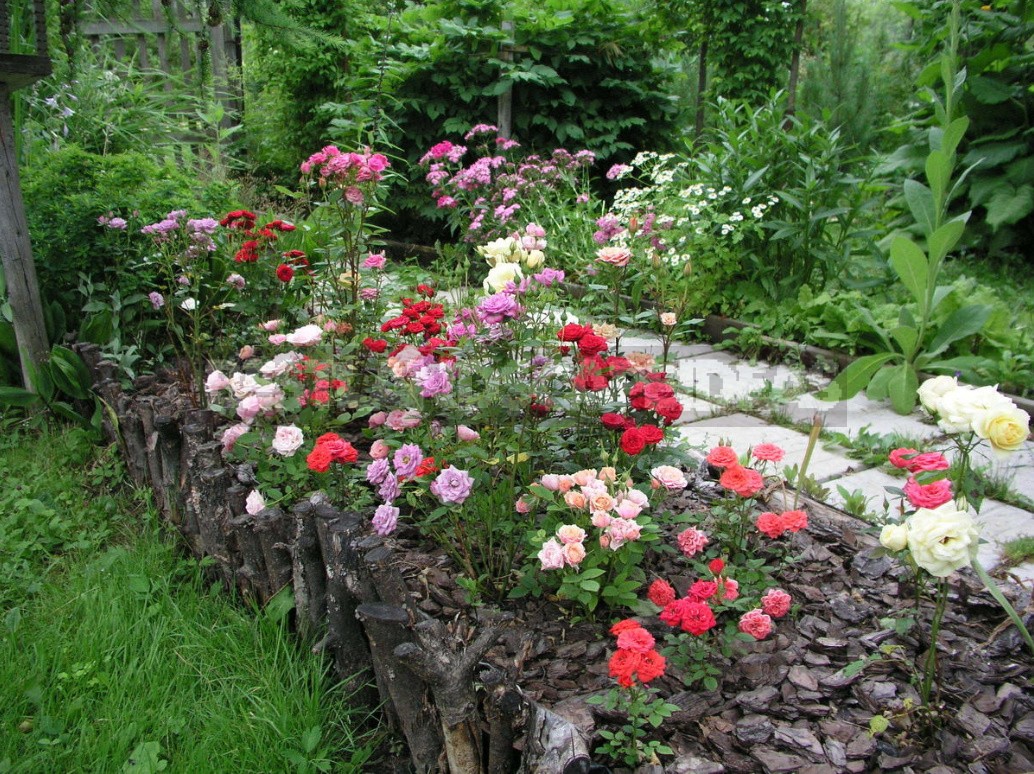
Lack or excess of nutrients leads to changes in the immune status of plants and can cause a weakening of resistance to fungal, bacterial and viral infections. It is known that all the elements of nutrition are contained in soils to some extent. However, roses are perennial plants with high requirements, so artificial replenishment of nutrients is necessary.
Organic fertilizers for roses
Organic fertilizers consist of components of animal and plant origin, their importance lies in the fact that they activate biological processes in the soil and enrich it with humus. Soil microorganisms bring the nutrients contained in fertilizers into a form that is available for assimilation by plants. This process takes time, so organic fertilizers can’t act instantly.
Main organic fertilizers available:
- fresh and rotted cow or horse manure (contains the necessary elements for roses nutrition and improves soil fertility);
- garden compost (contains nitrogen, improves soil structure and fertility);
- chicken dung (contains a lot of nitrogen);
- wood ash (contains potassium, calcium, magnesium and all trace elements).
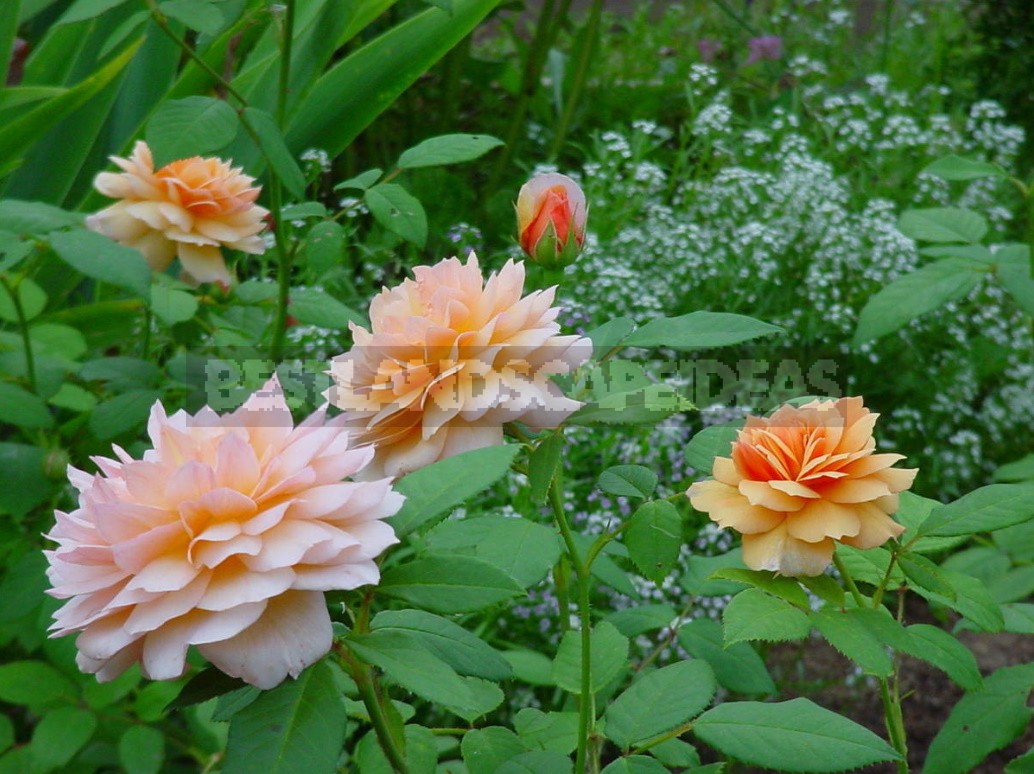
I always have stocks of a complete list of organic fertilizers and from my experience I know that the beauty and health of roses depends to a significant extent on organic matter. We will briefly focus on the technology of preparation and norms of fertilizer application.
How to use organic fertilizers for roses
Rotted manure is used as mulch, and if roses are grown without mulching plantings, it is introduced as fertilizer after spring pruning. Around the Bush (without touching the shoots), humus is poured in the form of a roller with a height of 5-8 cm.
Fresh manure in its pure form is not used, it is used as a fermented infusion for liquid and foliar feedings. The recipe for making an infusion is simple: take 8-10 parts of water for 1 part of the manure, insist with periodic stirring for 7-10 days. The fermented infusion is diluted with water by half (1:1) when used. The watering rate for 1 medium-sized Bush is 3 liters.
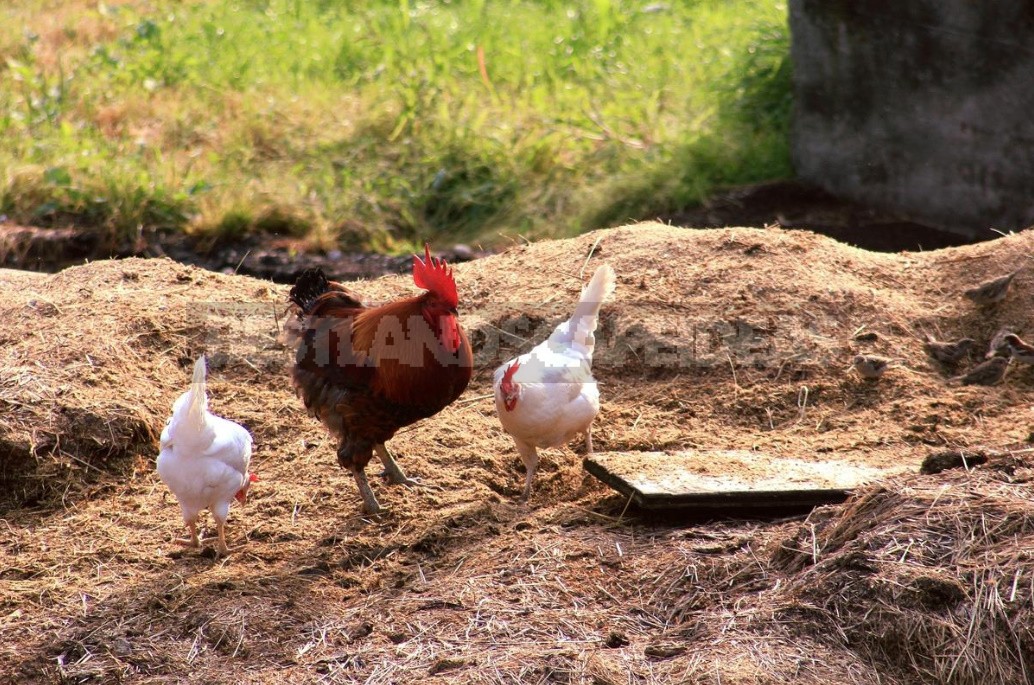
Garden compost is used as a mulching material (in the spring) or as a fertilizer (in the summer, after the first flowering, about 1 shovel under the Bush).
Chicken droppings can be used in dry form at a rate of 200 grams per m? pink plantings or prepare an infusion. I prefer liquid top dressing: for 1 part of dry chicken manure, take 20 parts of water, insist 7-10 days. When used, the prepared infusion is diluted with water in a ratio of 1:3. The watering rate for 1 medium-sized Bush is 3 liters.
Wood ash is sifted and used in dry form at a rate of 200-300 grams per m? with embedding in the soil or prepare an infusion for foliar fertilizing. To prepare the infusion, take 200 grams of ash, pour 2-3 liters of hot water and insist with periodic stirring for 1 day. Clear sludge is drained, filtered and topped with water to 10 liters, the sediment is not used. Wood ash in dry form can not be used without control, you need to remember that it alkalizes the soil.
